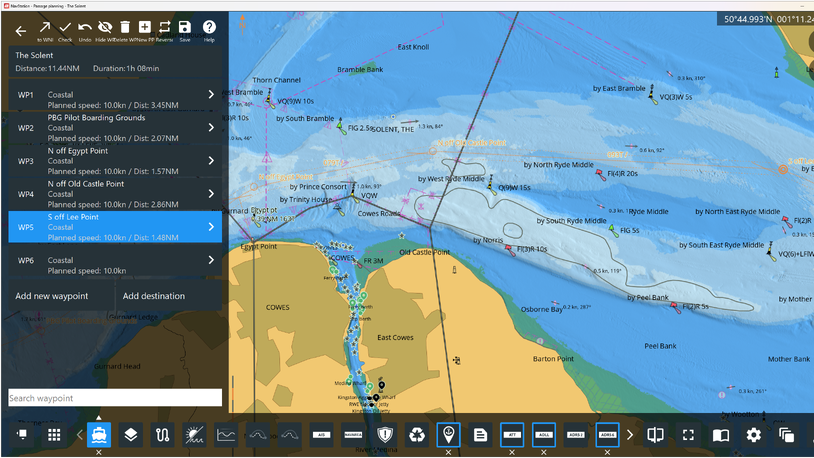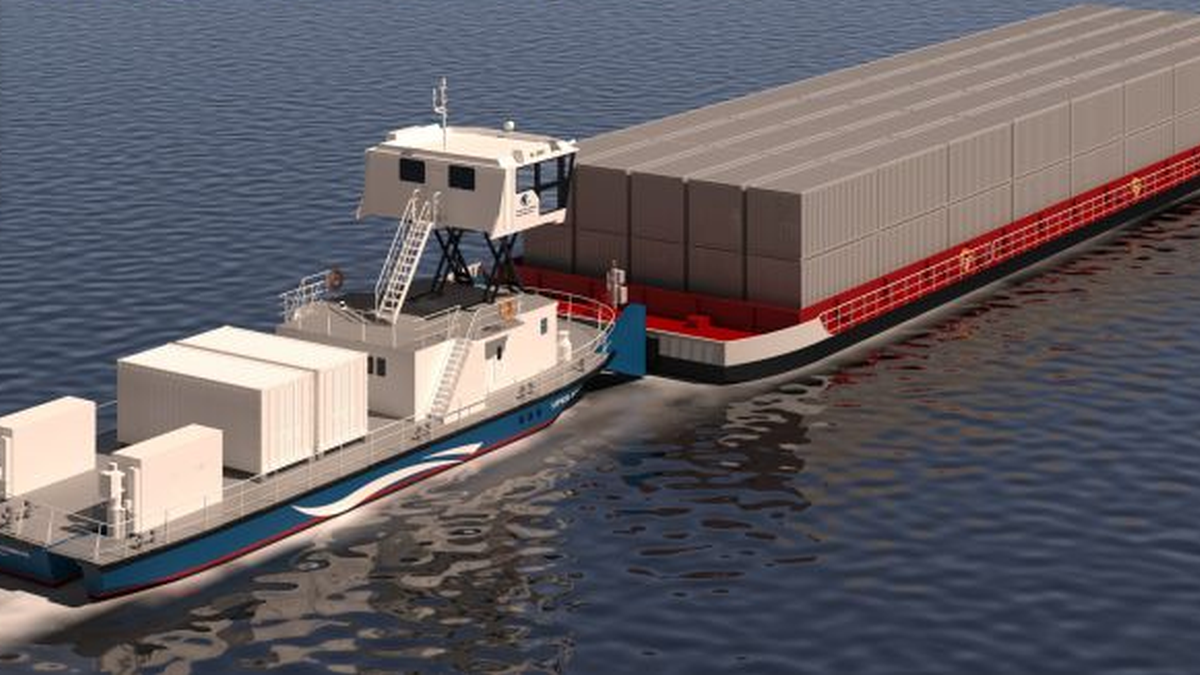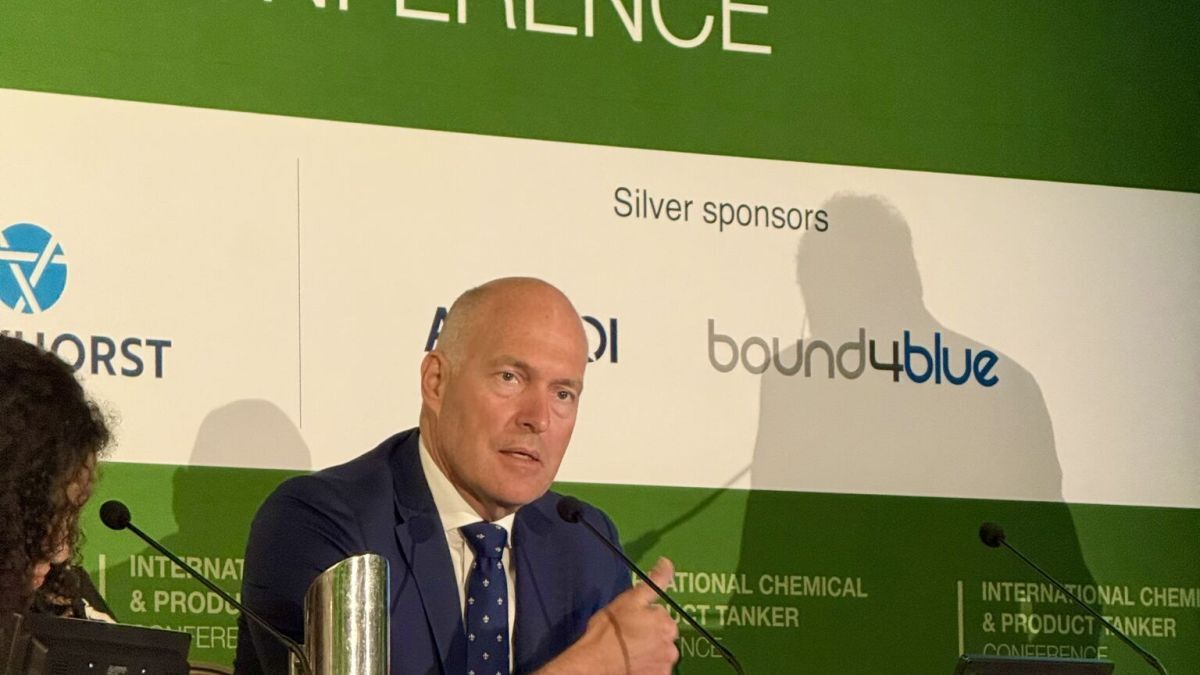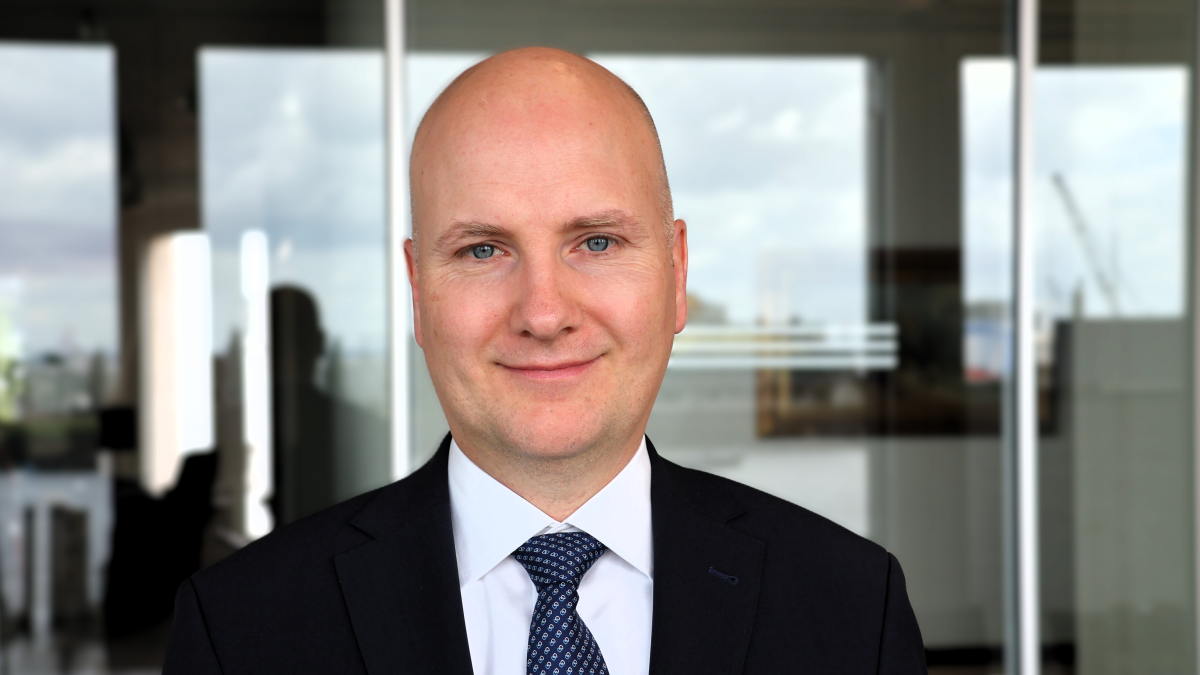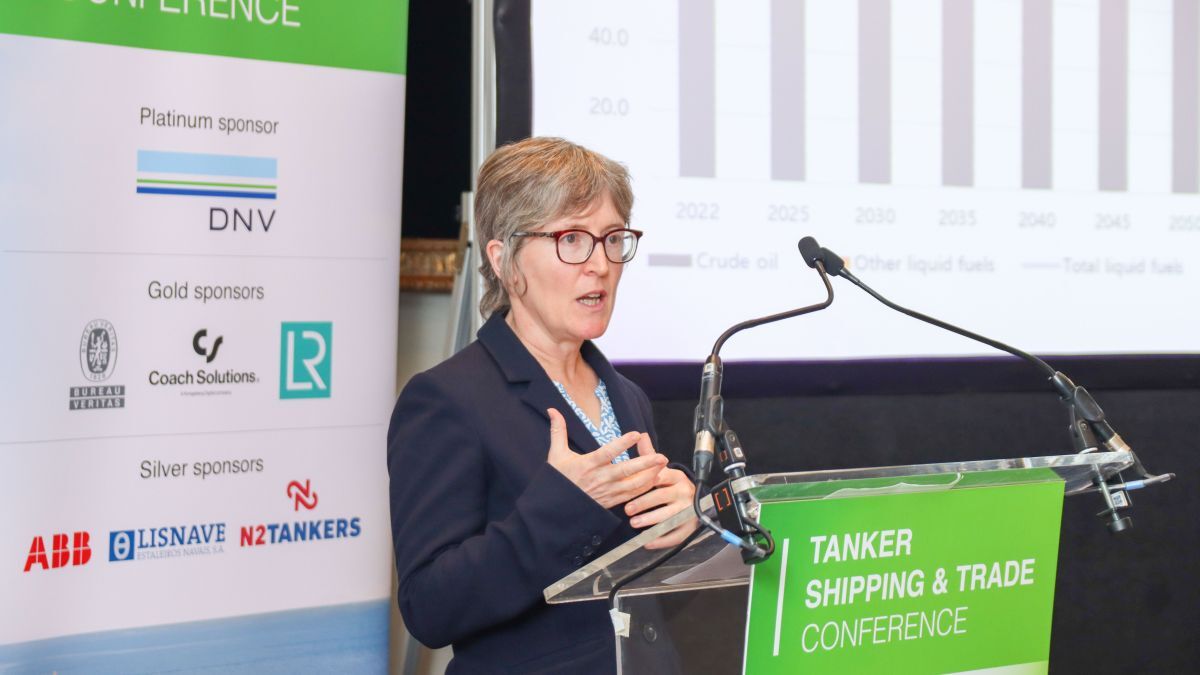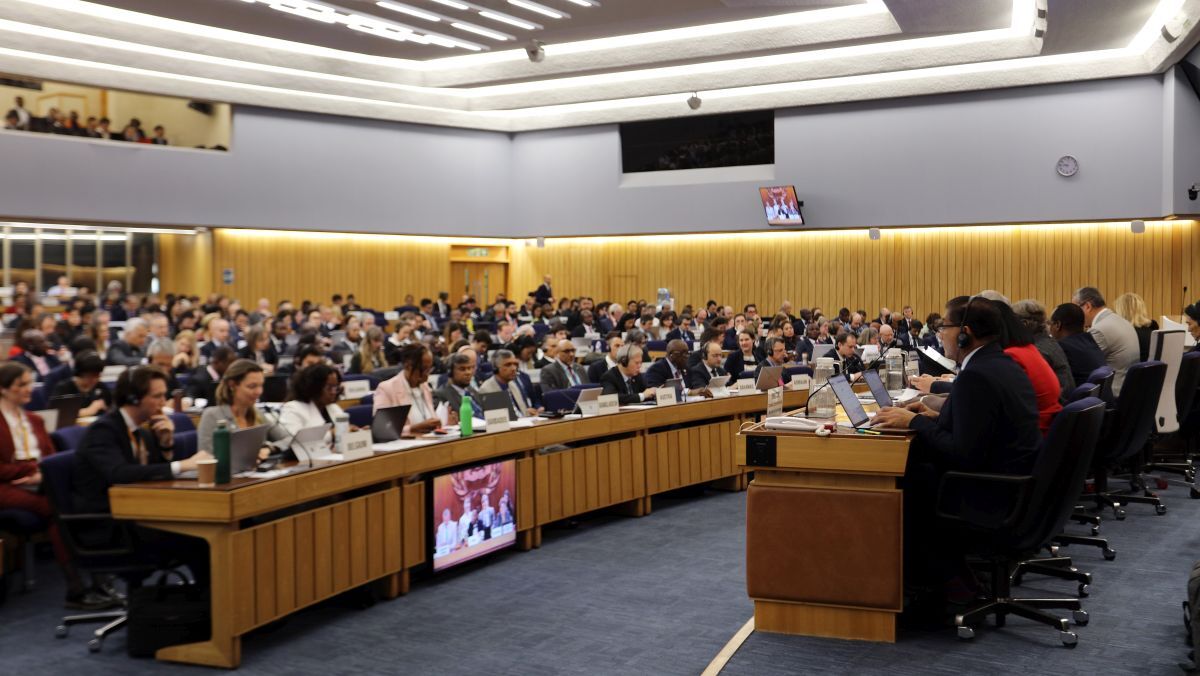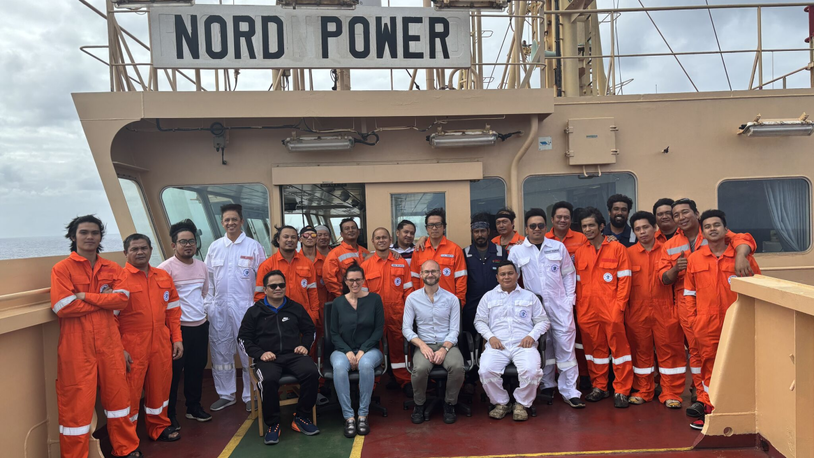Business Sectors
Events
Contents
Register to read more articles.
Electric pusher tug design unveiled to cut European waterways’ emissions
Interest in reducing emissions from inland waterways transport has raised demand for all-electric pusher tugs from naval architects and shipyards
Lithuanian maritime engineering company Western Baltic Engineering (WBE) and Belgium’s Batia Mosa Shipyard have partnered to design and build pusher tugs that could run on electric power or zero-carbon fuels.
These pushing vessels can offer zero emissions for inland waterways transport, cutting the environmental footprint of bulk cargo deliveries between ports and terminals.
This project uses WBE’s design of an electric pusher vessel series, BlueKick, for construction at the Belgian shipyard to minimise emissions in ports and waterways.
WBE said this “strategic partnership aims to transform European inland waterway shipping” while aligning with the European Commission’s focus on advancing a sustainable inland waterways sector.
BlueKick-series pusher tugs could have marine battery systems delivering 16 MW of power from Batia Mosa’s sister company Vaar Systems. These energy storage modules have ultra-high energy density and safe batteries combined to electrify larger vessels.
They could also be powered from low or zero-carbon fuels with capacities of 12 kg of hydrogen, 8 tonnes of methanol or 4 tonnes of ammonia.
WBE said these vessels could propel barges weighing up to 2,000 tonnes, with an upstream speed of 10 km/hr and shallow draught of 1.2 m to 1.5 m.
This collaboration is aligned with advocacy from the Shipyards’ & Maritime Equipment Association of Europe (SEA Europe) to the European Commission’s focus on advancing the inland waterways sector.
WBE said, “SEA Europe has called for ambitious measures to prioritise sustainable, digital and high-tech solutions, emphasising the critical role of European manufacturers and shipyards.”
The association also “highlights the importance of ensuring European companies lead in building and retrofitting inland water vessels to maintain technological and competitive advantages within Europe,” said WBE.
In addition, WBE said this electric-pusher design and construction project aligns with the EU’s objective of transitioning freight transport to greener inland waterways, as there are more than 332 diesel-powered pushers on Danube River system.
“The BlueKick series aims to replace these ageing vessels with sustainable, modern alternatives,” said WBE.
This design follows in the footsteps of Kotug International, which is already providing electric pusher tugs for Dutch sand transport groups using its E-Pusher designs. These are built at Padmos shipyard in the Netherlands for Cargill, ROS and OFI, with EST-Floattech suppling Octopus battery modules and Hydromaster Propulsion its outboard thrusters. Jansma Shipping is providing the barges.
Related to this Story
Women in Maritime Today: Elin Saltkjel says no day working in maritime is dull
Events
Maritime Environmental Protection Webinar Week
Cyber & Vessel Security Webinar Week
The illusion of safety: what we're getting wrong about crews, tech, and fatigue
Responsible Ship Recycling Forum 2025
© 2024 Riviera Maritime Media Ltd.

